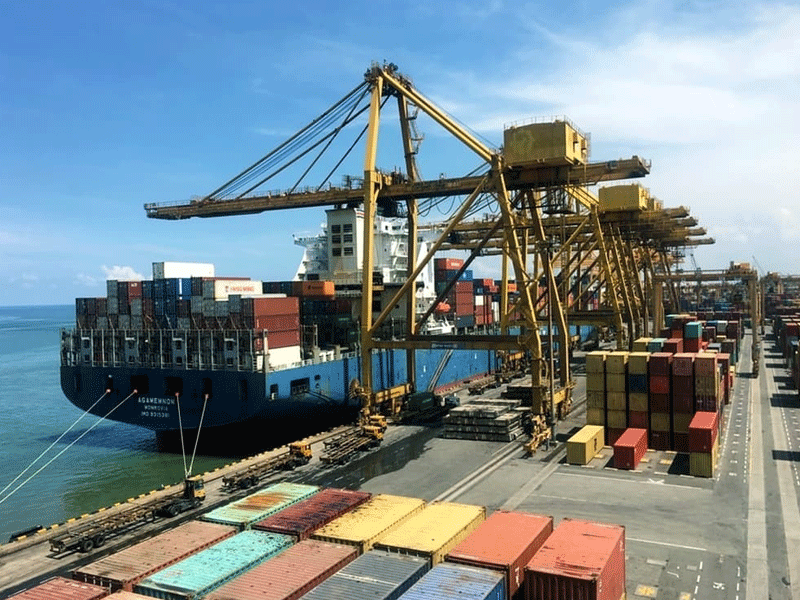PNSC’s attempt to buy old ships deplored by maritime experts

- 445
- 0
KARACHI: Shipping experts deplored PNSC’s move for purchase of two more second hand oil tankers, while earlier deals were already proved as failure by costing huge losses and troubles in maintenance.
According to maritime experts investing in 2nd hand ships is very risky business with greater downside, due to less economic viability in comparison to newer fuel-efficient ships as fuel is getting expensive, environmental concerns and plenty imposed onto polluters. Fewer companies are willing to hire heavy fuel consumer and polluters ships and least preference by ‘Go Green’ companies. Latest one is, many ship financing companies are either not offering finance for purchase of old heavy polluter ships or at higher interest rate that further deteriorates their economic viability.
Making feasibility for investment in purchase of 2nd hand ship will be easy but end result will be disastrous to well-established shipping company as users and end-consumers do not care but cheaper transportation of their commodities and goods. Shipping has gone through tremendous changes in last 2 decades, like any other industry and this is not limited to changes in traditional shipping routes due to new emerging markets across globe but also due to changes in size of ships, their efficient and cargo-friendly design, and propulsion. Ship sizes considered to be optimal 10 years ago are no more economical or viable with recent rapid changes in world politico-trade scenario and fast-paced advances in technology.
Commercial ships are only needed to move raw material economically from one end of world where mines are situated to manufacturing hubs predominantly in Far East and, semi-finished and finished or ready-to-consumer products from manufacturing hubs to all over world. To move these commodities and products, ships are required to travel great distances. During its economic life, commercial ships travel great distances and major amount of expenditure is fuel for its propulsion. It is considered that commercial ship spends more than 70 percent of its life at sea while moving from 1 port to another and less than 30 percent of time is spent at ports and under maintenance, etc.
It took centuries that sail ships replaced with steamships and more than good half-century to replace steamships with engines. In past 2 decades, advancement in technology has taken toll on ships that required large engines, consuming tons of fuel in single day, to move them at sea and within ports. During 20th century, economic life of ship was considered over 30 years and this was reduced to 20-25 years in present-day technological advances even 20 years of economic life seems ambitious and is no more valid.
In automobile industry, where we are seeing fuel efficiency incredibly increasing with every new model and all manufacturers are in competition for fuel economy, same is true for commercial ships.
Published in The Daily National Courier, October, 25 2023
Like Business on Facebook, follow @DailyNCourier on Twitter to stay informed and join in the conversation.

















































